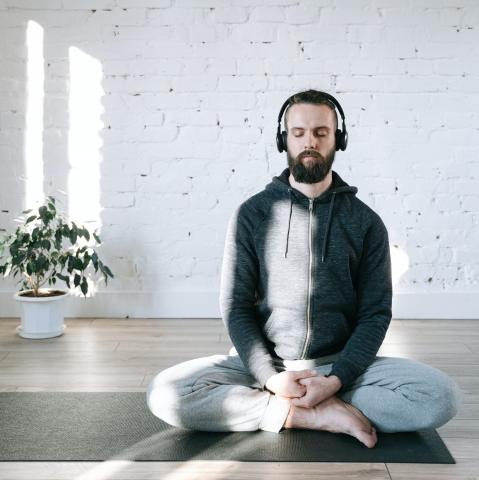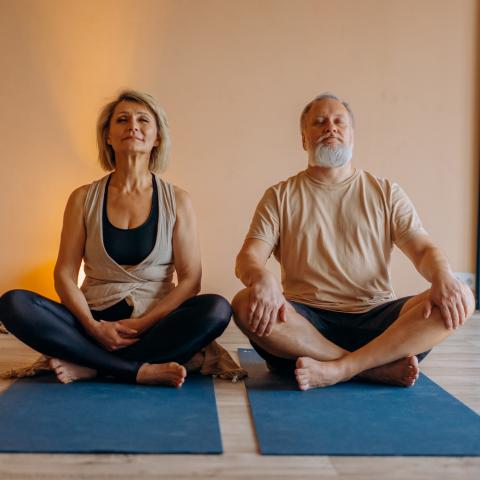Most people who try meditation probably think of it as an activity done in silence. They might learn the common meditation technique where they observe sounds that happen to arise and notice the temporary nature of those sounds, but they probably would not expect those sounds to continue throughout their meditation. In other words, sound is understood to be a departure from the "real work" of sitting — or struggling to sit — peacefully in silence. Fortunately, there is more than one way to meditate and there isn't some rule that the only allowable "meditation music" is repetitions of John Cage's 4' 33".

